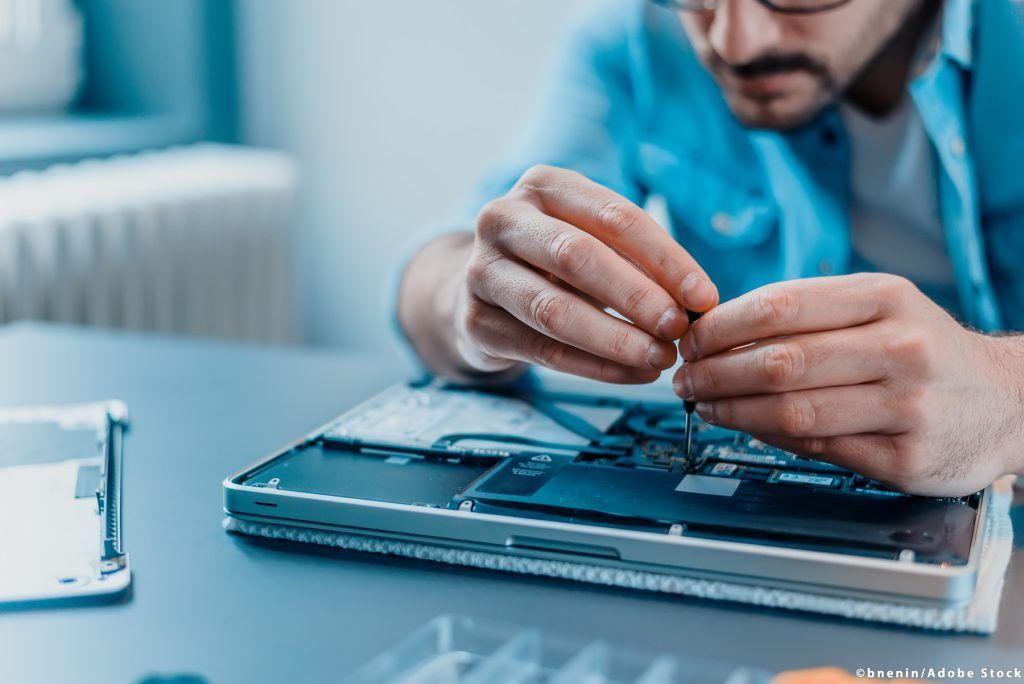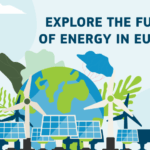Parliament adopted on Thursday its demands for an upcoming European Commission proposal on the right to repair planned for later in 2022, with 509 votes in favour, 3 against and 13 abstentions.
MEPs agreed that an effective right to repair should address a product’s lifecycle and take into account product design, ethical production, standardisation and consumer information including labelling on reparability and public procurement. It should foster a more efficient use of resources, reduce waste and encourage an extended use of products.

New EU rules for more sustainable and ethical batteries
|
Durable products that can be repaired
MEPs want products to be designed to last longer, to be safely repaired and their parts easily removed. They believe that a proper “right to repair” should give repairers and consumers access to repair and maintenance information, free of charge.
Concerning digital devices, MEPs argue that software updates should be reversible and not lead to diminished performance of, for example, smartphones. They should be made available for a minimum period of time, and consumers should be fully informed at the time of purchase on the availability of updates.
Practices which unduly constrain the right to repair or lead to obsolescence could be considered as “unfair commercial practices” and banned under EU law.

Circular economy: Commission proposes new consumer rights and ban on greenwashing
|
What should a future “right to repair” law include?
MEPs also demand:
- incentives for consumers to choose repair over replacement, like extended guarantees or receiving a replacement device for the duration of a repair;
- harmonised rules for consumer information at the point of sale, including “repair scores”, estimated lifespan, spare parts, repair services, and the availability of software updates;
- possible smart labelling such as QR codes or digital product passports;
- possible joint manufacturer-seller liability mechanism for non-conformity of products;
- durability and repair requirements included in a future Ecodesign Directive.
More information: European Parliament – Press release







Leave a Reply